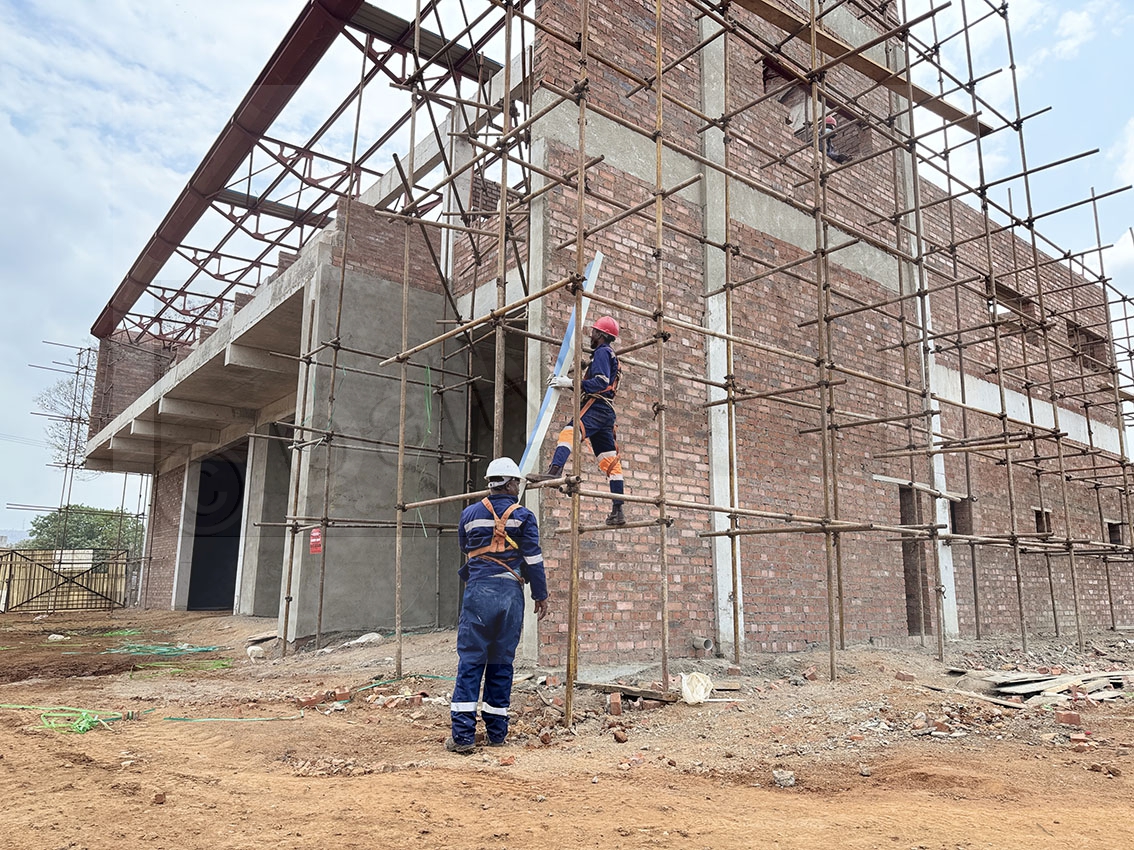ICT sector pleads for development
20 Apr 2023
Information Communication Technology (ICT) experts say Botswana needs to grow its fiscal base to proceed from an upper middle income to a high income economy by 2036.
Contributors at an ICT Pitso in Tlokweng recently called on the country to come up with innovative steps to make this happen.
BTC managing director, Mr Anthony Masunga stressed that the ICT sector was critical for driving economic growth and diversification, hence government should develop a matrix that considers shareholding, creation of employment and foreign direct investment.
Mr Masunga said government should therefore balance approach towards community engagement exchange, adding that companies did not necessarily have to be 100 per cent citizen owned to promote citizen empowerment.
He said privately owned companies could also put money into telecommunications, as locking out other operators from the economy would lead to losses.
He fingered vandalism and theft of fibre and copper cables as some of the major challenges for network operators in Botswana, adding it had become a threat as it came with escalating costs of operation and service disruption, resulting in lost revenue.
Mr Masunga said fragmentation in the market was also a concern, suggesting that government should scale up local businesses to be able to take on the world, thus moving the country into a knowledge based economy.
“It is time to build credible ICT centres that are partners in the digital economy,” he stated.
Chairperson of Botswana Internet Service Providers Association (BISPA), Dr Bernard Ndove said the difficult part they face as fixed service providers was that public telecommunication operators monopolised the available spectrum, though they used universal access fund to develop some of their services.
Dr Ndove therefore suggested that government must roll out public private partnership, as the uptake was low and they cannot reach all villages.
“There is a lot of work that internet service providers need to do to provide reliable internet at high speed to either homes, schools or businesses,” he said. Dr Ndove also urged the regulator to provide small operators with a regionalised framework for everyone to have access to the internet.
He noted that the high upfront costs could be reduced by providing access to FTTX network, which was limited across the country.
“There should be reservations to empower citizen Internet service providers to be able to provide services to government parastatals,” he said.
For his part, BOCRA CEO, Mr Martin Mokgware said their mandate was to help streamline the country’s ICT strategies.
Mr Mokgware however, acknowledged that pricing of telecommunications remained key challenge.
“Notwithstanding this, mobile network operators have absorbed some of the burdens by not passing on the cost to customers in some instances, thus ensuring affordability and accessibility,” he said.
He further said government should consider leasing land at standardised charges to avoid high cost of land for base station construction, to help operators to regionalise their services.
Mr Mokgware said BOCRA’s 2023/24 plan was to create employment for IT officers to support and do maintenance of IT equipment and impart skills in primary schools, dikgotla and health facilities.
Meanwhile, BOFINET representative, Mr Stanley Gwapela said it was easier to spread connectivity in towns than in remote areas, thus creating a gap for children in rural areas as they are unable to participate in ICT for lack of basic infrastructure.
He however noted that UNICEF was focusing on those areas to get them connected, as well as funding the proto-type to assist Internet service providers to bring sustainability in future. Mr Gwapela urged the private sector and government to come on board to help reduce operation costs. ENDS
Source : BOPA
Author : Keagetswe Motsumi
Location : TLOKWENG
Event : ICT Pitso
Date : 20 Apr 2023





